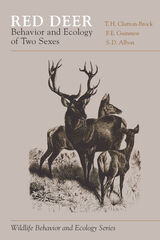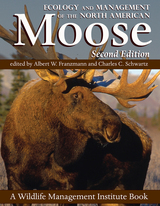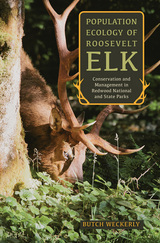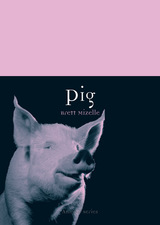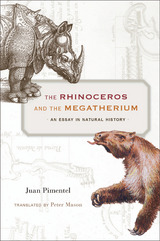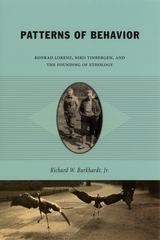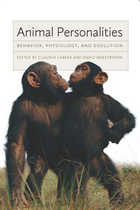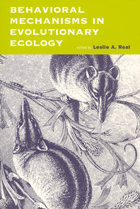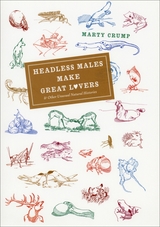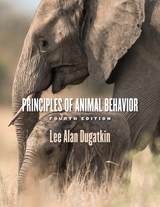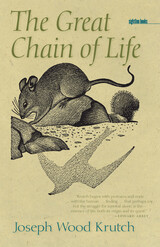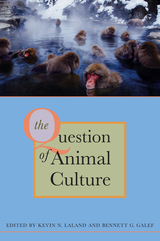Patterns of Behavior: Konrad Lorenz, Niko Tinbergen, and the Founding of Ethology
University of Chicago Press, 2005
Cloth: 978-0-226-08089-5 | Paper: 978-0-226-08090-1
Library of Congress Classification QL750.5.B87 2005
Dewey Decimal Classification 591.509
Cloth: 978-0-226-08089-5 | Paper: 978-0-226-08090-1
Library of Congress Classification QL750.5.B87 2005
Dewey Decimal Classification 591.509
ABOUT THIS BOOK | AUTHOR BIOGRAPHY | REVIEWS | TOC | REQUEST ACCESSIBLE FILE
ABOUT THIS BOOK
It is hard to imagine, by their very name, the life sciences not involving the study of living things, but until the twentieth century much of what was known in the field was based primarily on specimens that had long before taken their last breaths. Only in the last century has ethology—the study of animal behavior—emerged as a major field of the life sciences.
In Patterns of Behavior, Richard W. Burkhardt Jr. traces the scientific theories, practices, subjects, and settings integral to the construction of a discipline pivotal to our understanding of the diversity of life. Central to this tale are Konrad Lorenz and Niko Tinbergen, 1973 Nobel laureates whose research helped legitimize the field of ethology and bring international attention to the culture of behavioral research. Demonstrating how matters of practice, politics, and place all shaped "ethology's ecologies," Burkhardt's book offers a sensitive reading of the complex interplay of the field's celebrated pioneers and a richly textured reconstruction of ethology's transformation from a quiet backwater of natural history to the forefront of the biological sciences.
In Patterns of Behavior, Richard W. Burkhardt Jr. traces the scientific theories, practices, subjects, and settings integral to the construction of a discipline pivotal to our understanding of the diversity of life. Central to this tale are Konrad Lorenz and Niko Tinbergen, 1973 Nobel laureates whose research helped legitimize the field of ethology and bring international attention to the culture of behavioral research. Demonstrating how matters of practice, politics, and place all shaped "ethology's ecologies," Burkhardt's book offers a sensitive reading of the complex interplay of the field's celebrated pioneers and a richly textured reconstruction of ethology's transformation from a quiet backwater of natural history to the forefront of the biological sciences.
Winner of the 2006 Pfizer Awad from the History of Science Society
See other books on: 1903- | 1907- | Animal behavior | Behavior | Patterns
See other titles from University of Chicago Press


